Tanzania - VAT Updates

Earlier this year, the Zanzibar Minister for Finance and Planning (MoF) presented the 2025 Budget plan, proposing changes to various tax laws, including the Value Added Tax (VAT) Act. The proposed changes were then reviewed by the Zanzibar House of Representatives, which approved the proposal and sent it for the assessment and signature of the Zanzibar President.
Once the process for adopting proposed amendments was finished, on July 1, 2024, some new rules related to VAT, excise duties, and property taxes came into force.
Changes to the VAT Act
Zanzibar, an insular semi-autonomous region of Tanzania, made several significant changes to the VAT Act, mainly affecting non-resident taxable persons, such as foreign businesses or individuals doing business in Zanzibar.
Non-residents who make taxable supplies should register for VAT purposes once they exceed the VAT registration threshold set at TZS 100 million (around USD 33,100). According to new rules, foreign taxable persons should appoint a local tax representative to complete registration. Apart from completing the VAT registration process for foreign taxable persons, tax representatives are also responsible for paying VAT on their behalf, including any fines, penalties, or interests that may occur.
However, since there are separate VAT rules regulating electronic services, this does not affect foreign digital service providers and their supplies to local consumers.
Speaking of electronic services, new VAT rules brought changes regarding the competent authority for the administration and collection of VAT on electronic services supplied by non-residents to consumers in Zanzibar. The authority for the collection of the VAT shifted from the Zanzibar Revenue Authority (ZRA) to the Commissioner of the Commissioner General of Tanzania Revenue Authority (TRA), which should bring the more harmonized application of the VAT rules regarding electronic services in the whole of Tanzania.
Additionally, amendments adopted increased the VAT rate applicable to insurance and digital services from 15% to 18%.
Conclusion
Foreign businesses should clarify which rules and regulations apply to their business models. Digital service providers may find this especially important since there is still no VAT registration threshold for the supply of electronic services to consumers in Zanzibar.
Also, with the change of the competent authority, foreign digital services providers should not be surprised if they receive a notice or other request from the Tanzania Revenue Authority instead of the Zanzibar Revenue Authority.
Source: PwC

More News from Africa
Get real-time updates and developments from around the world, keeping you informed and prepared.
-e9lcpxl5nq.webp)





-rhc39covsa.webp)
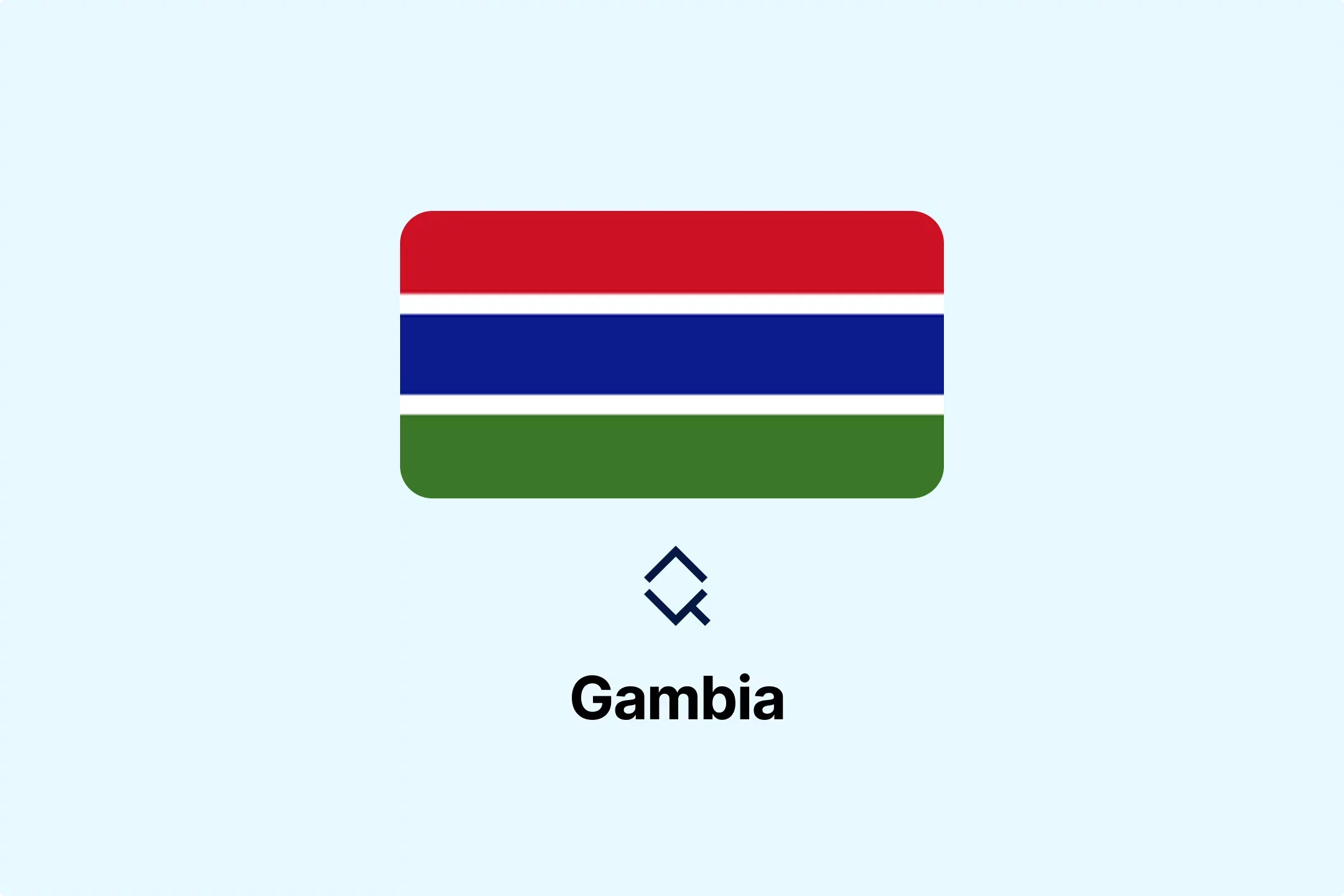

-fegt1crxvf.webp)

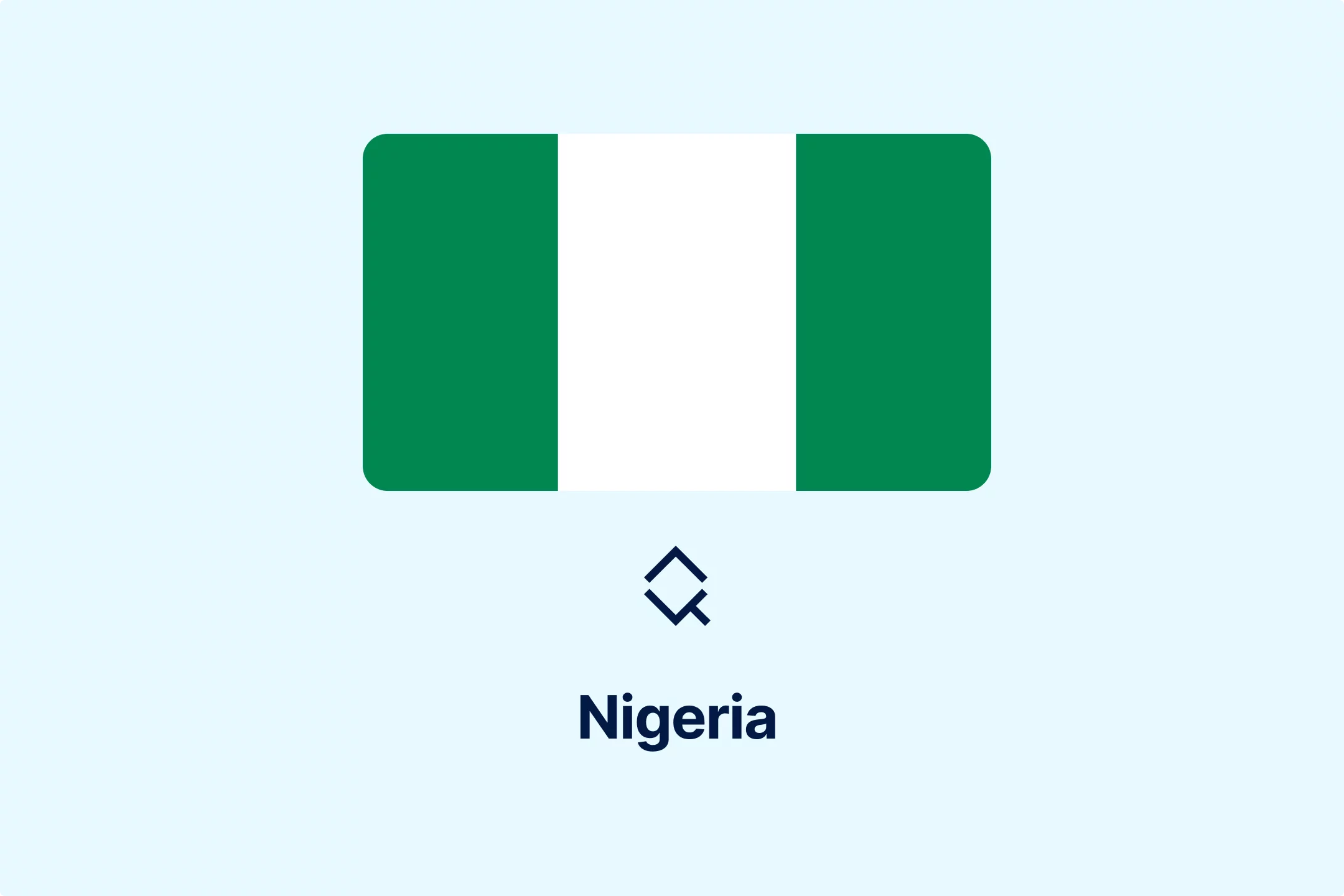


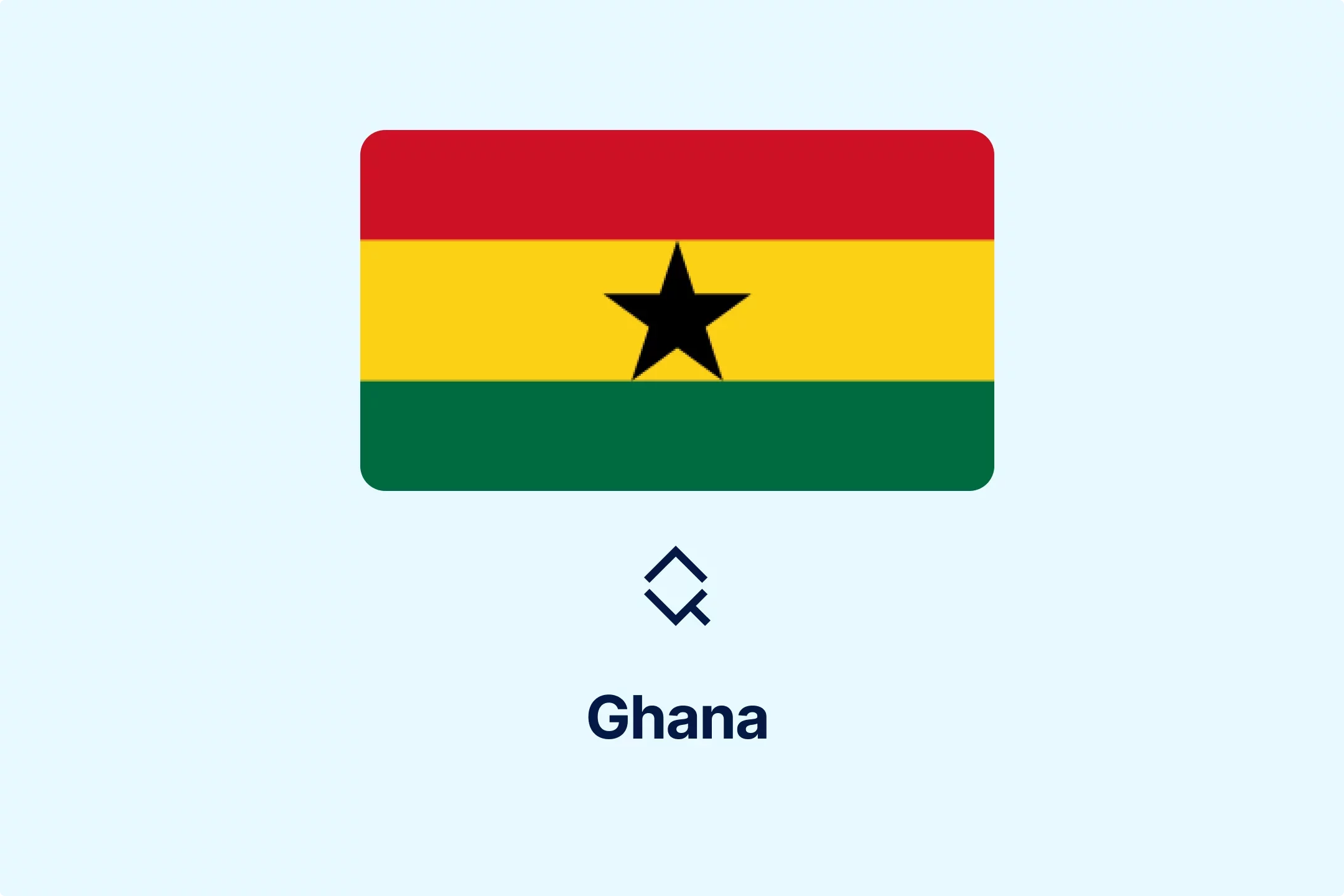
-yzgflot48e.webp)

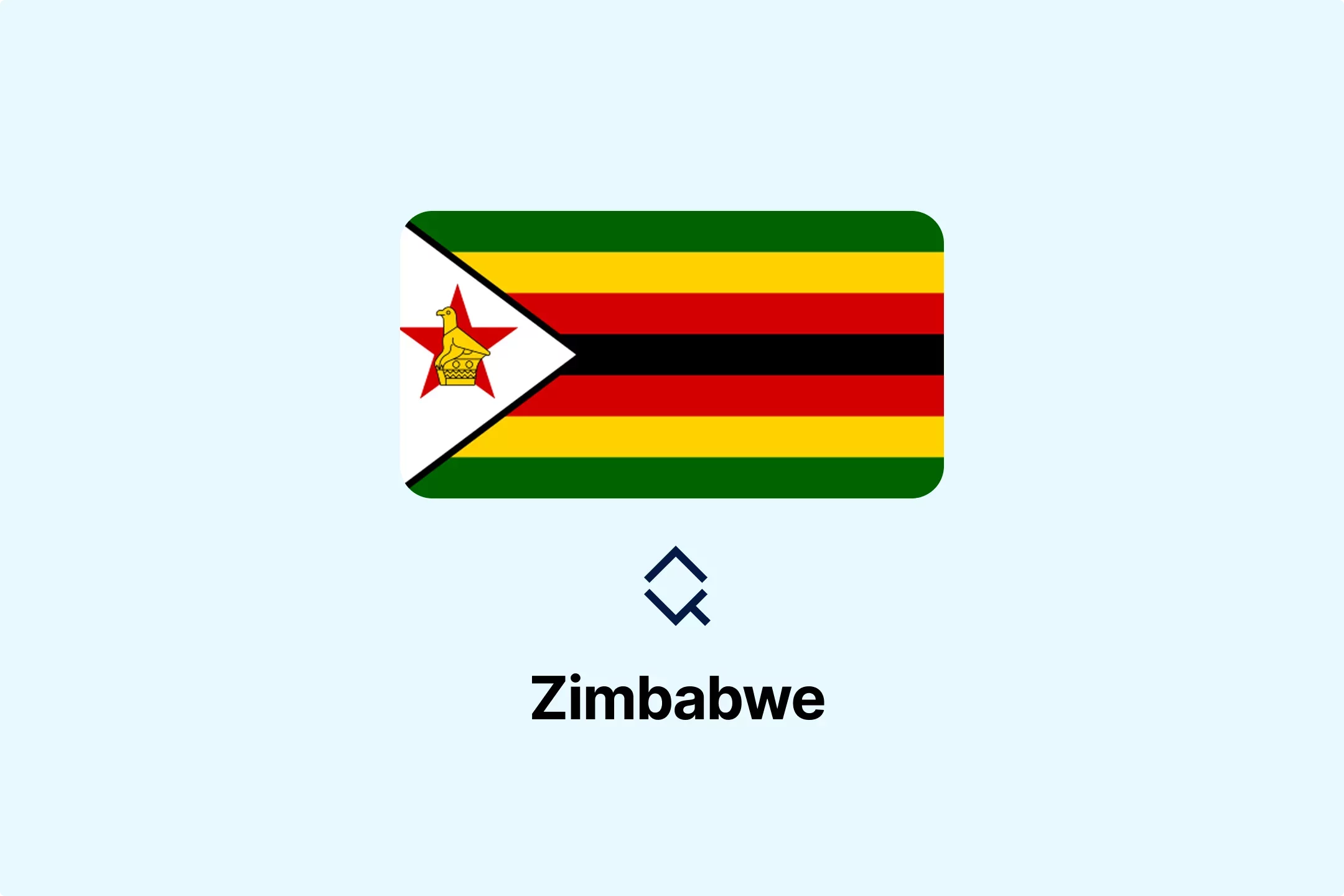

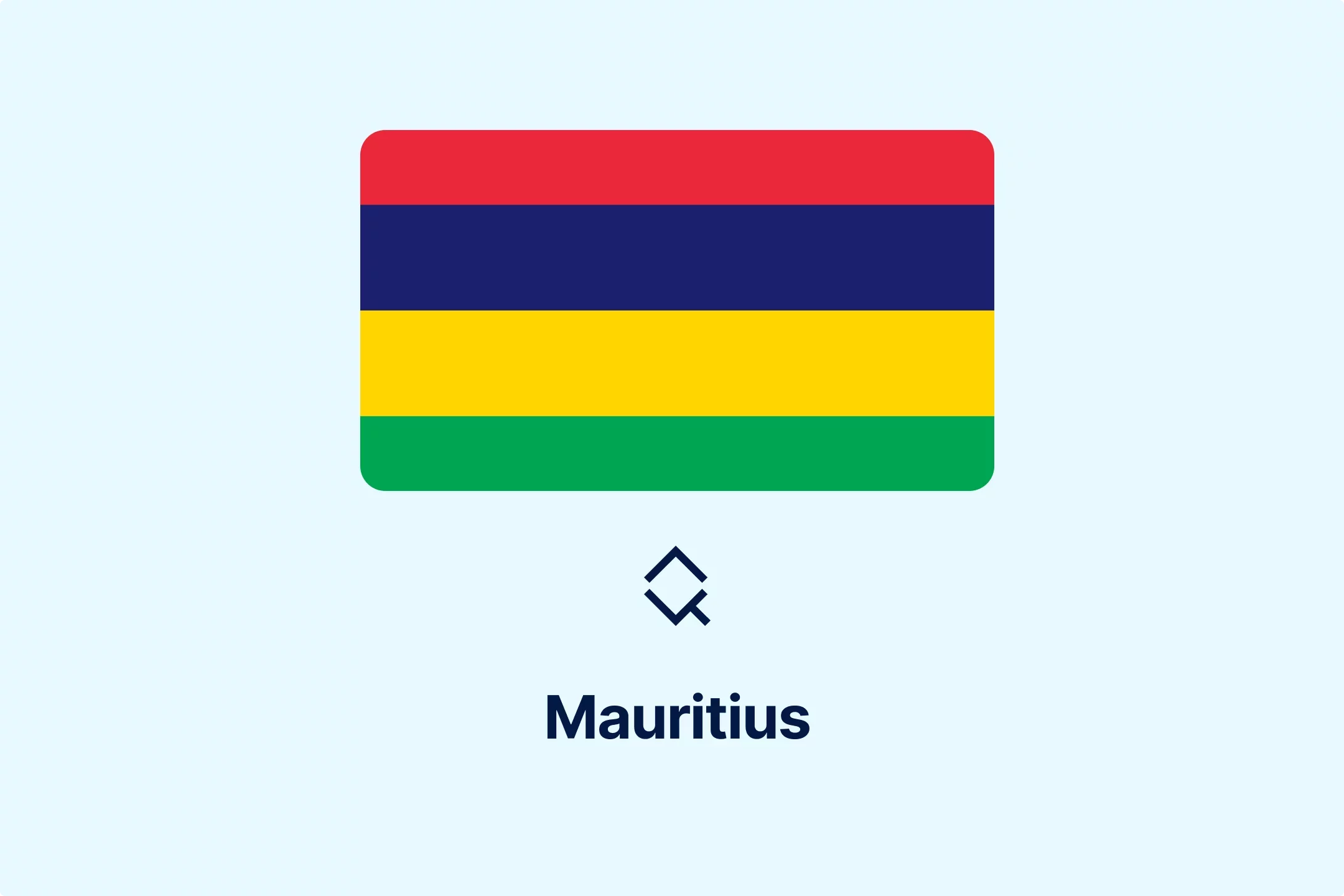
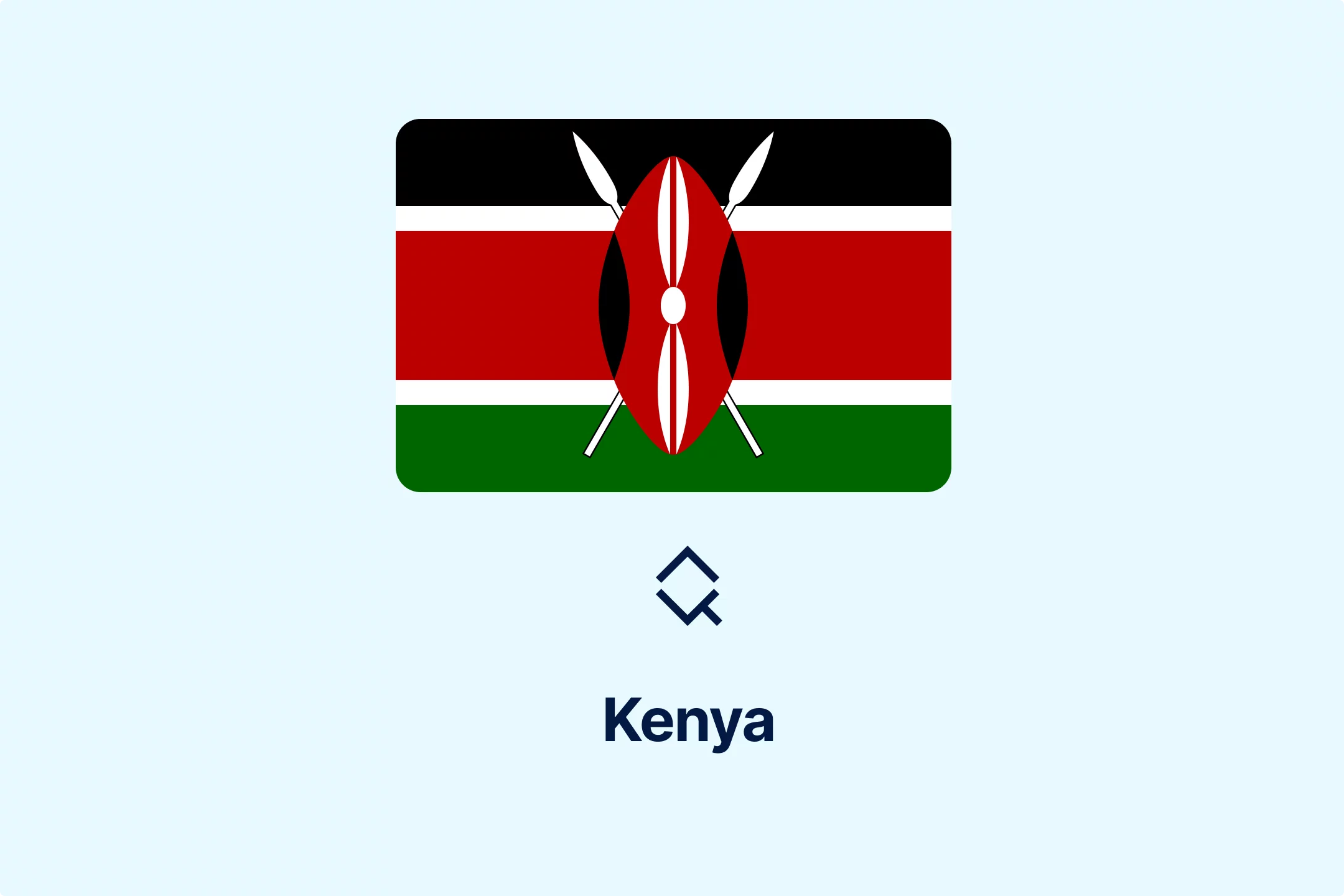
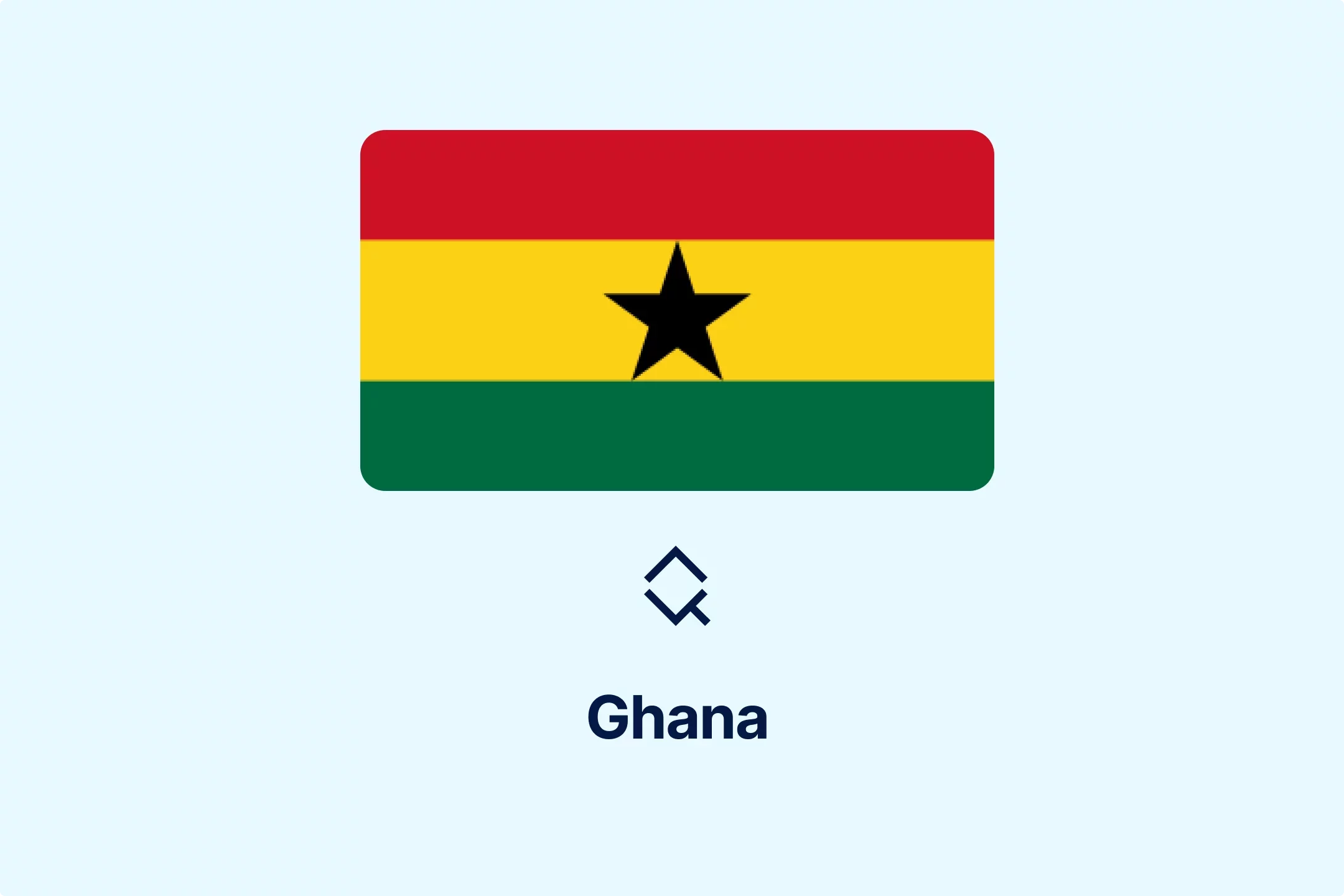
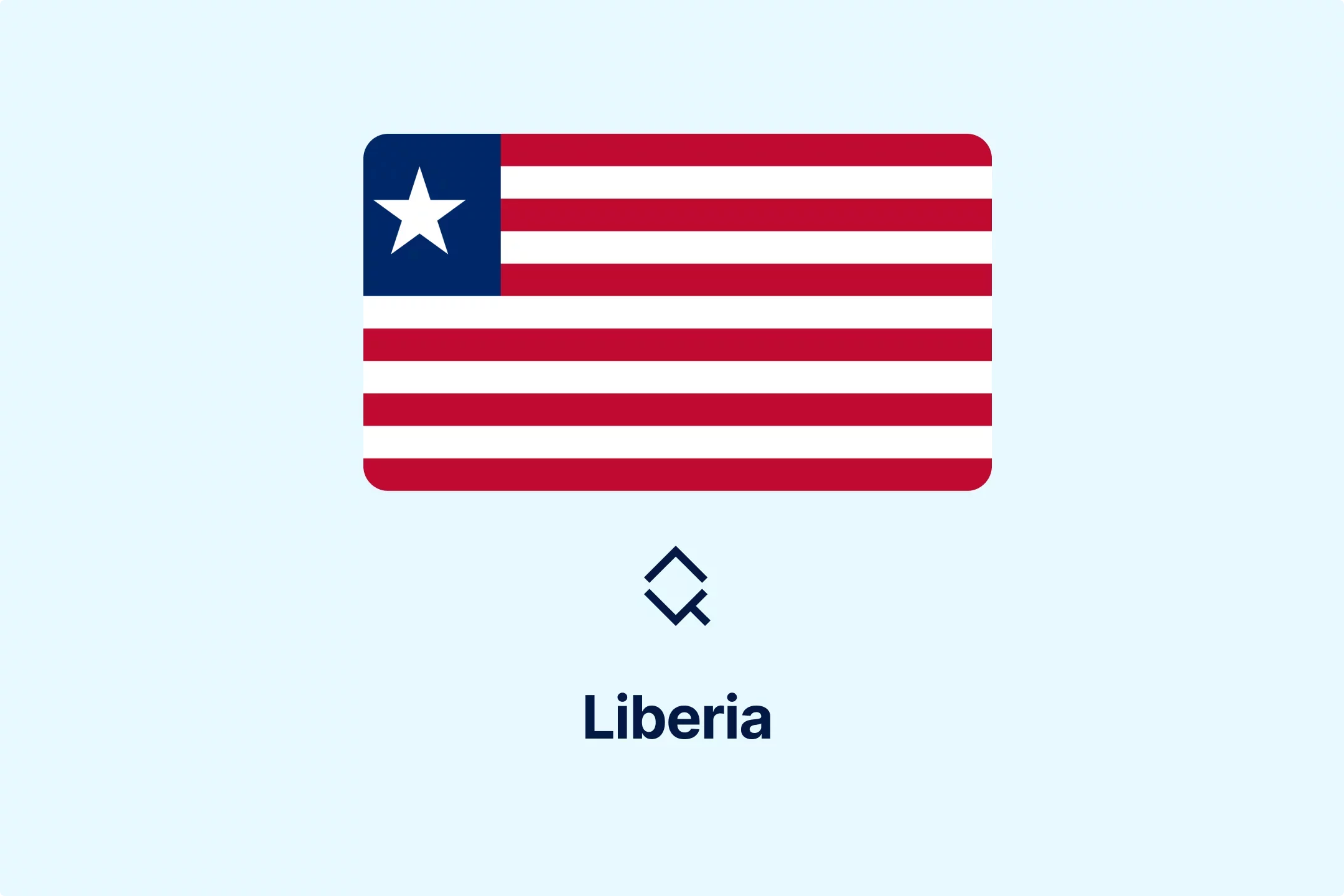
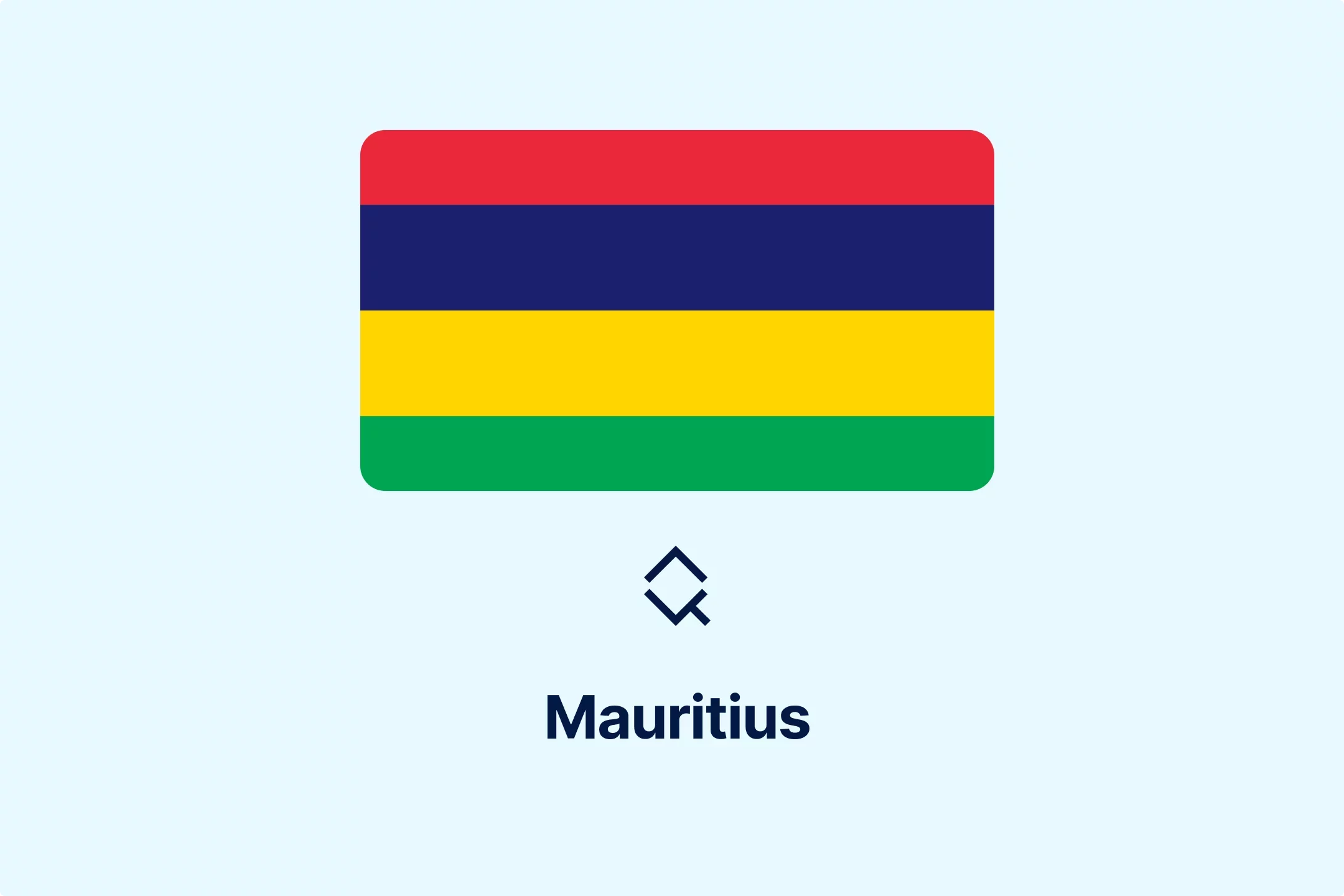
-26y2kxniki.webp)
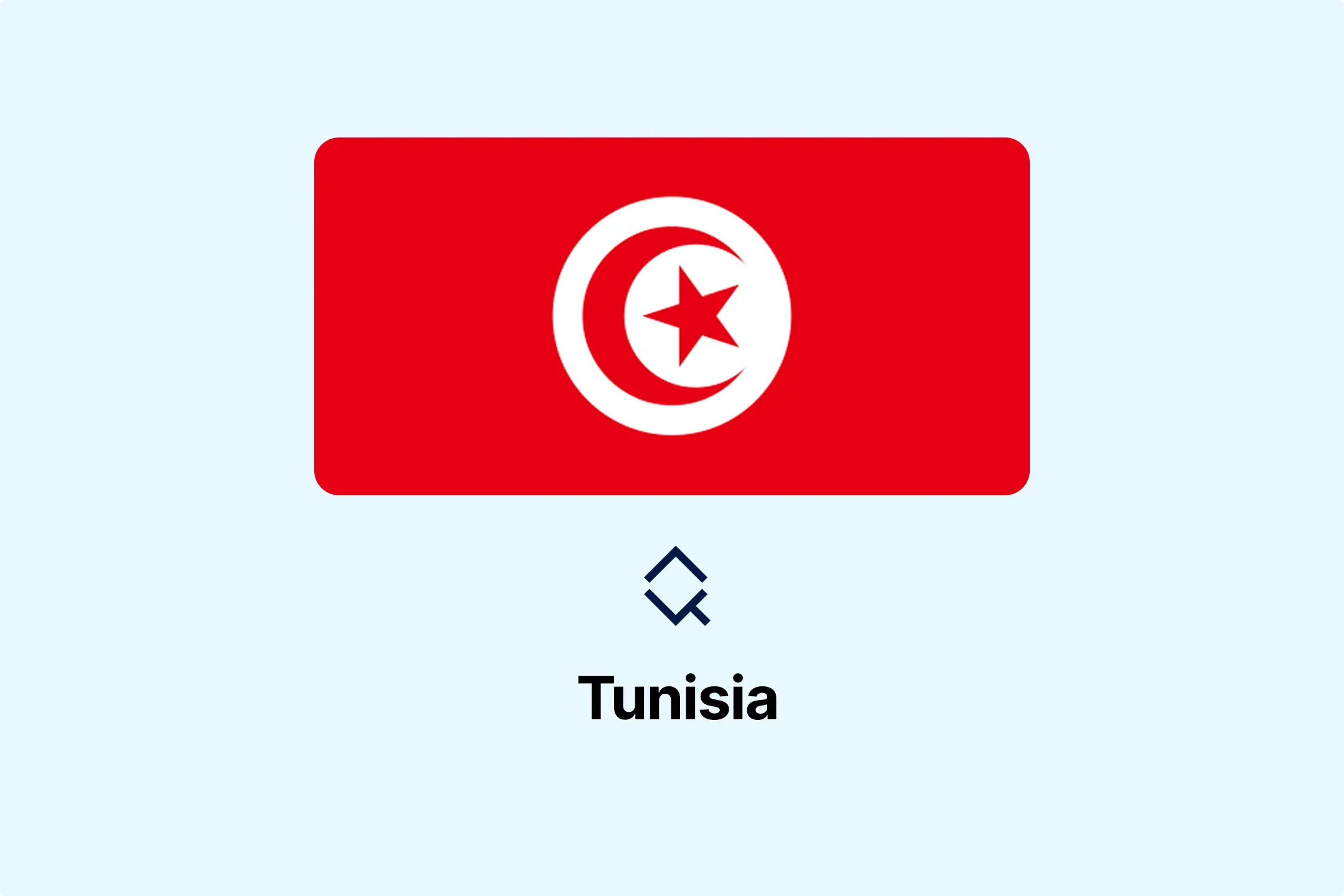




-pyxy31ev4o.webp)
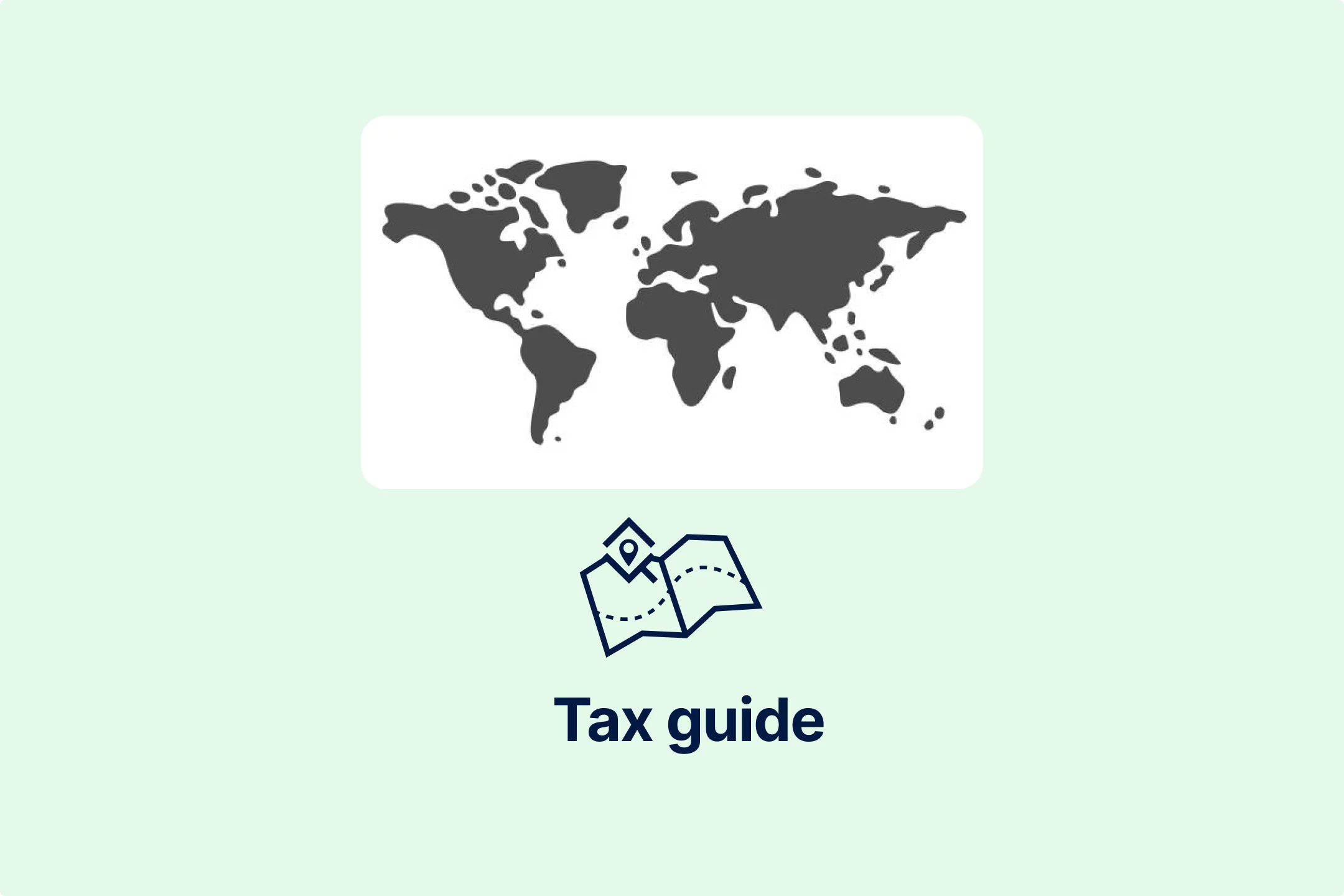

-rsgux3hh8v.webp)

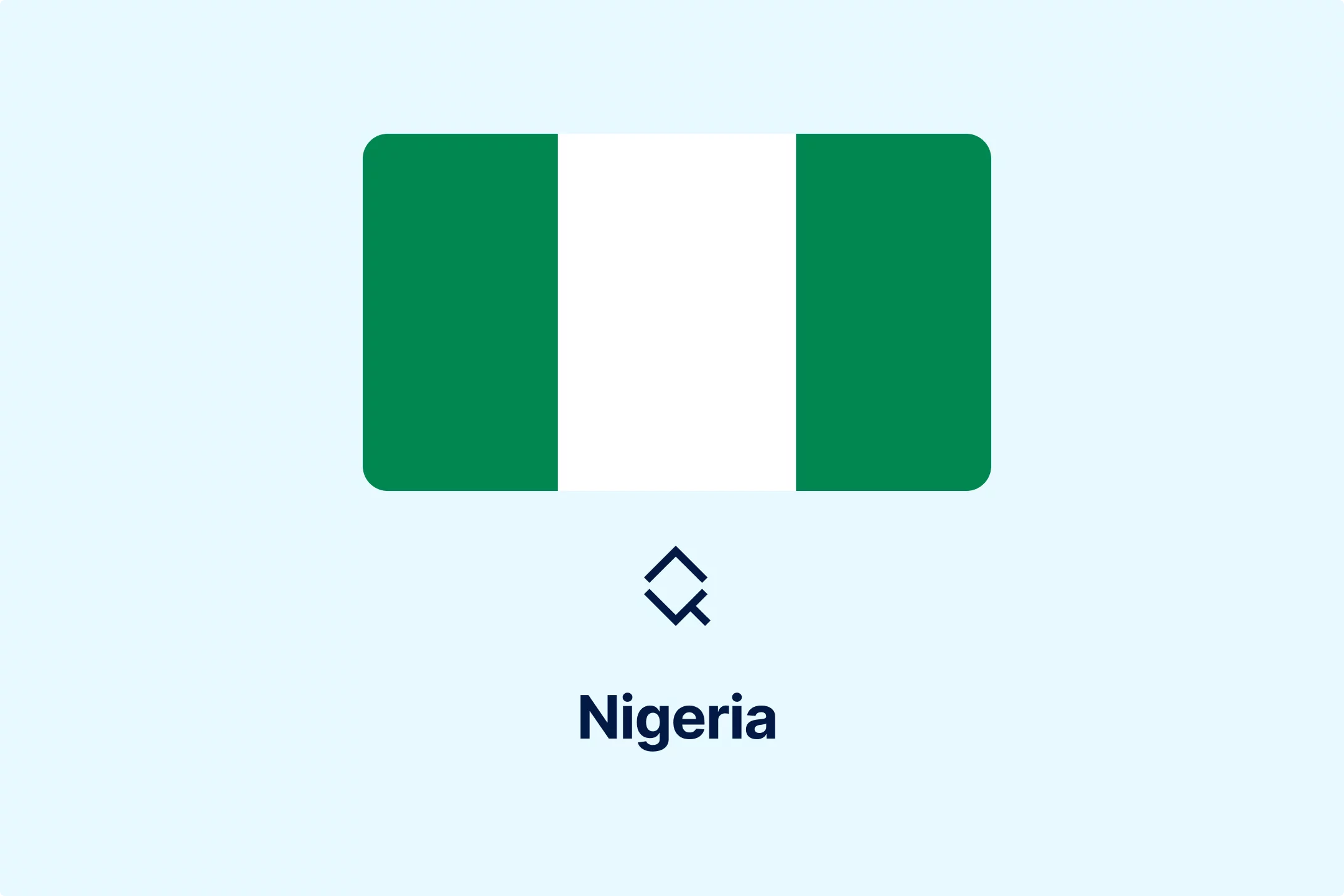
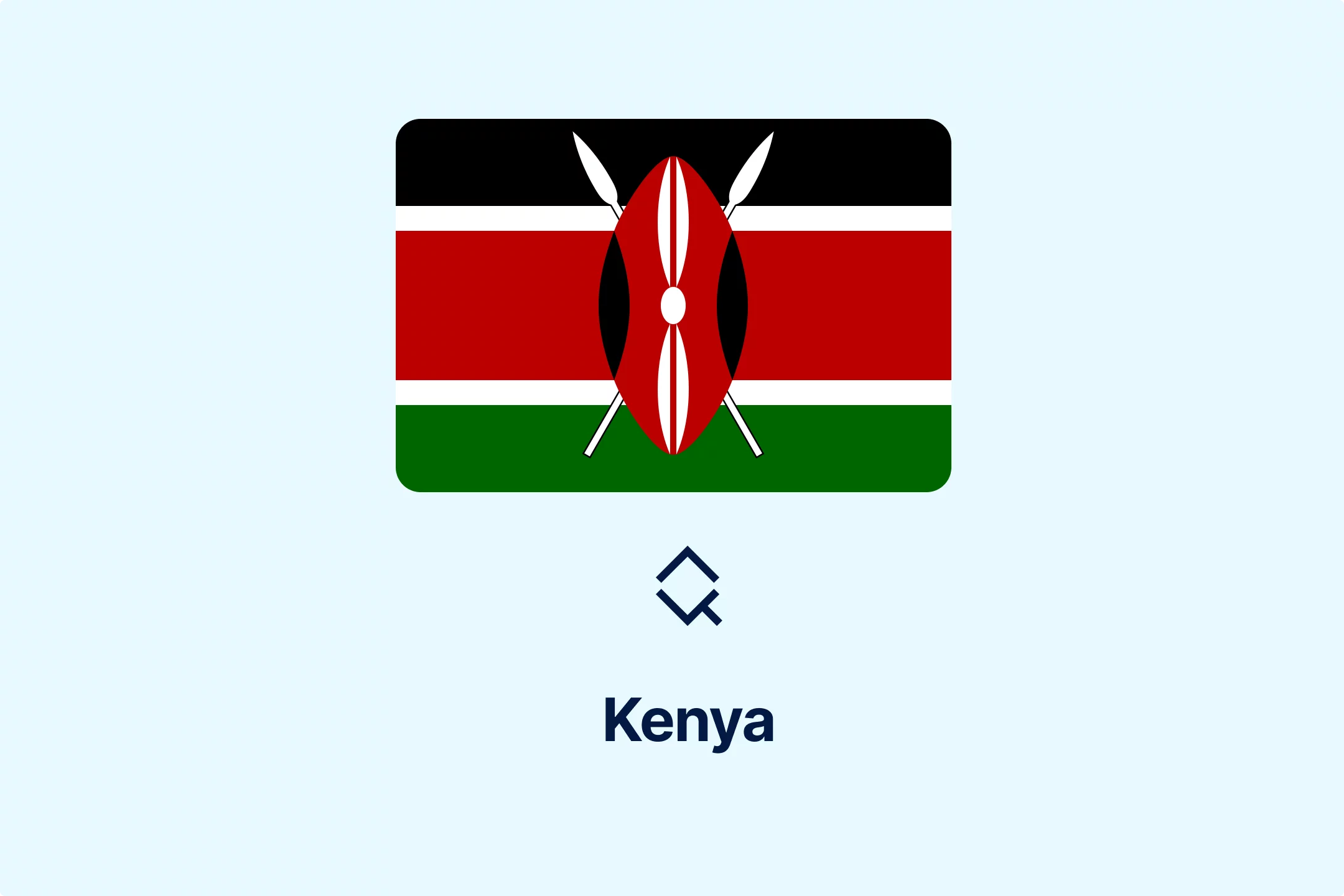
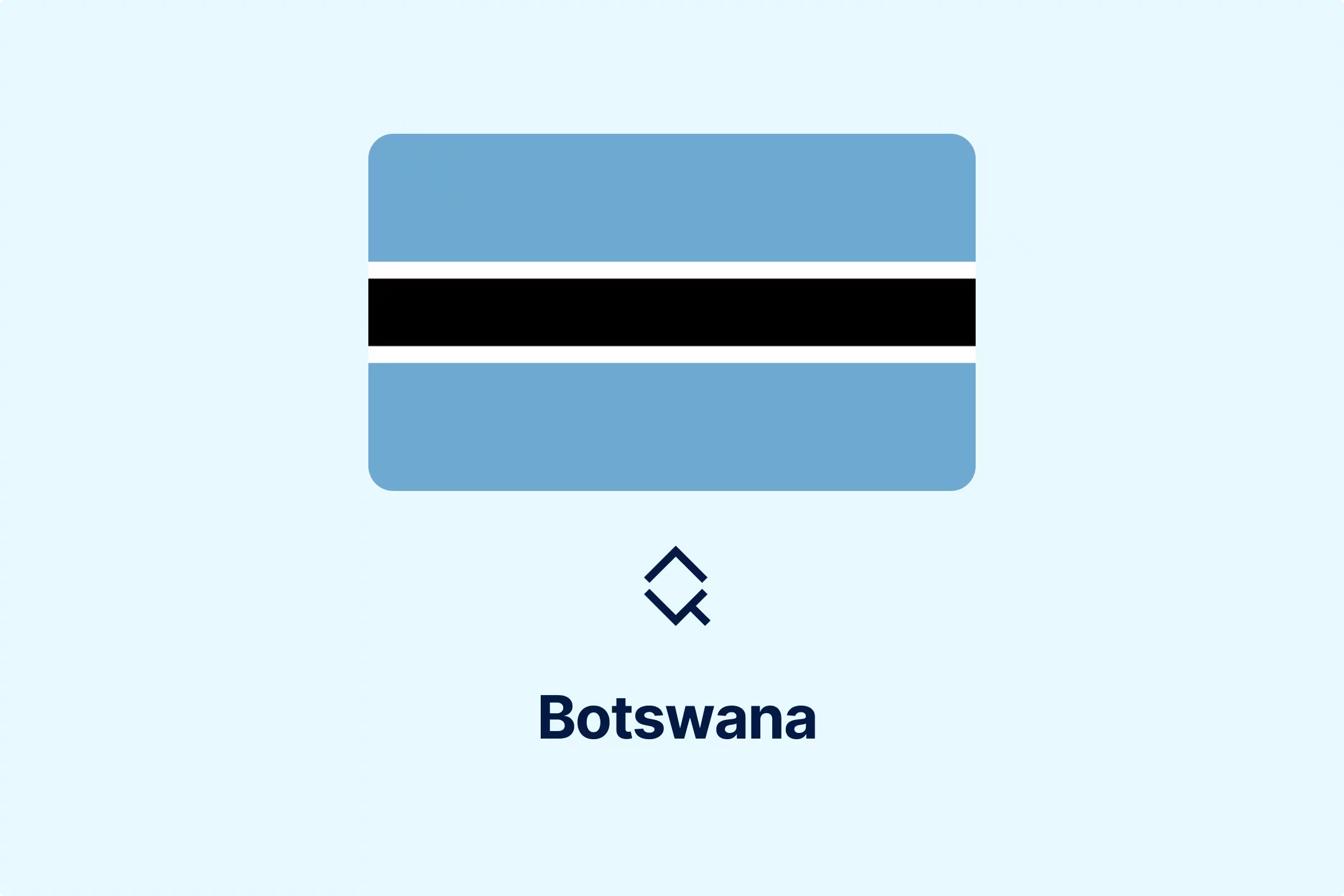

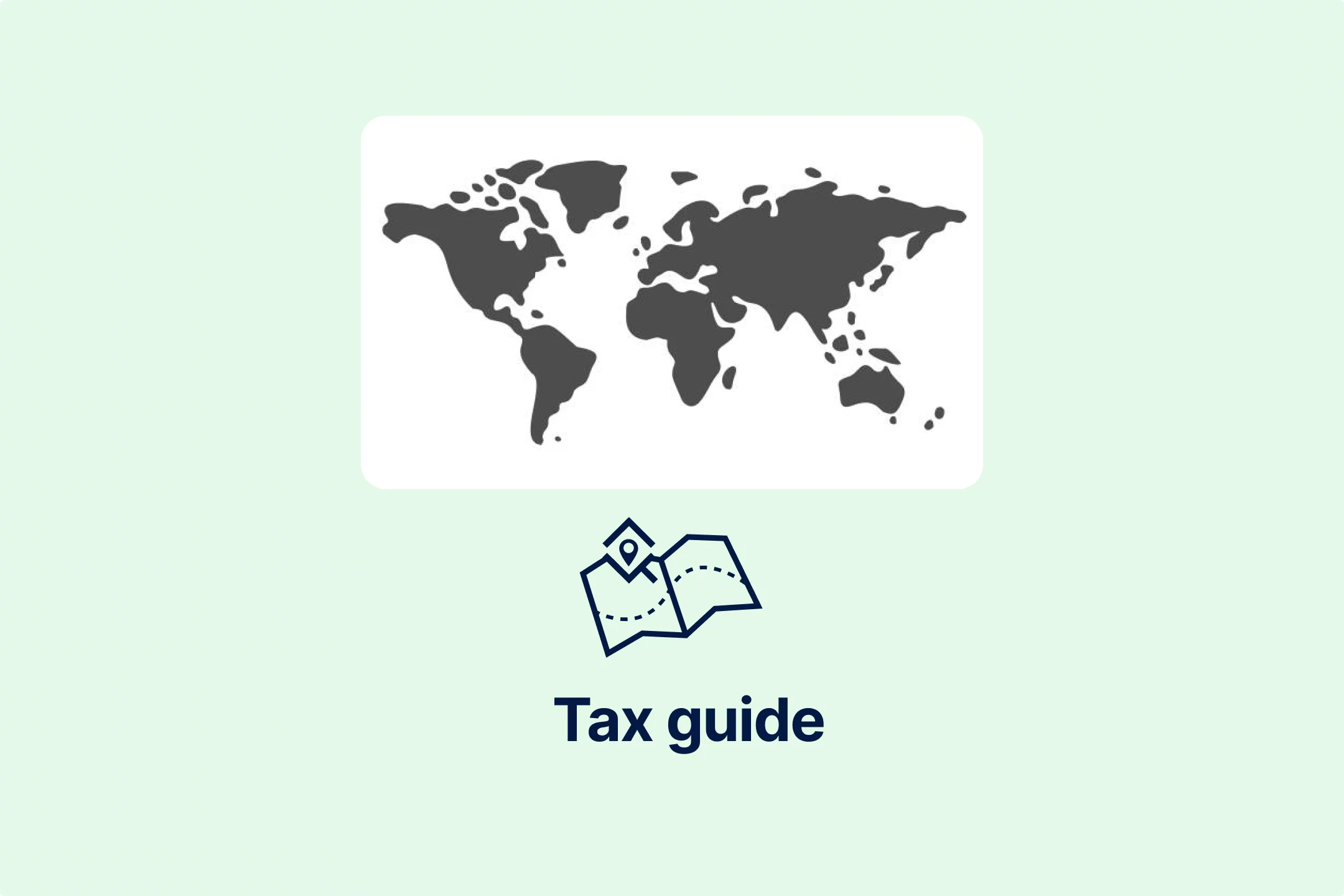

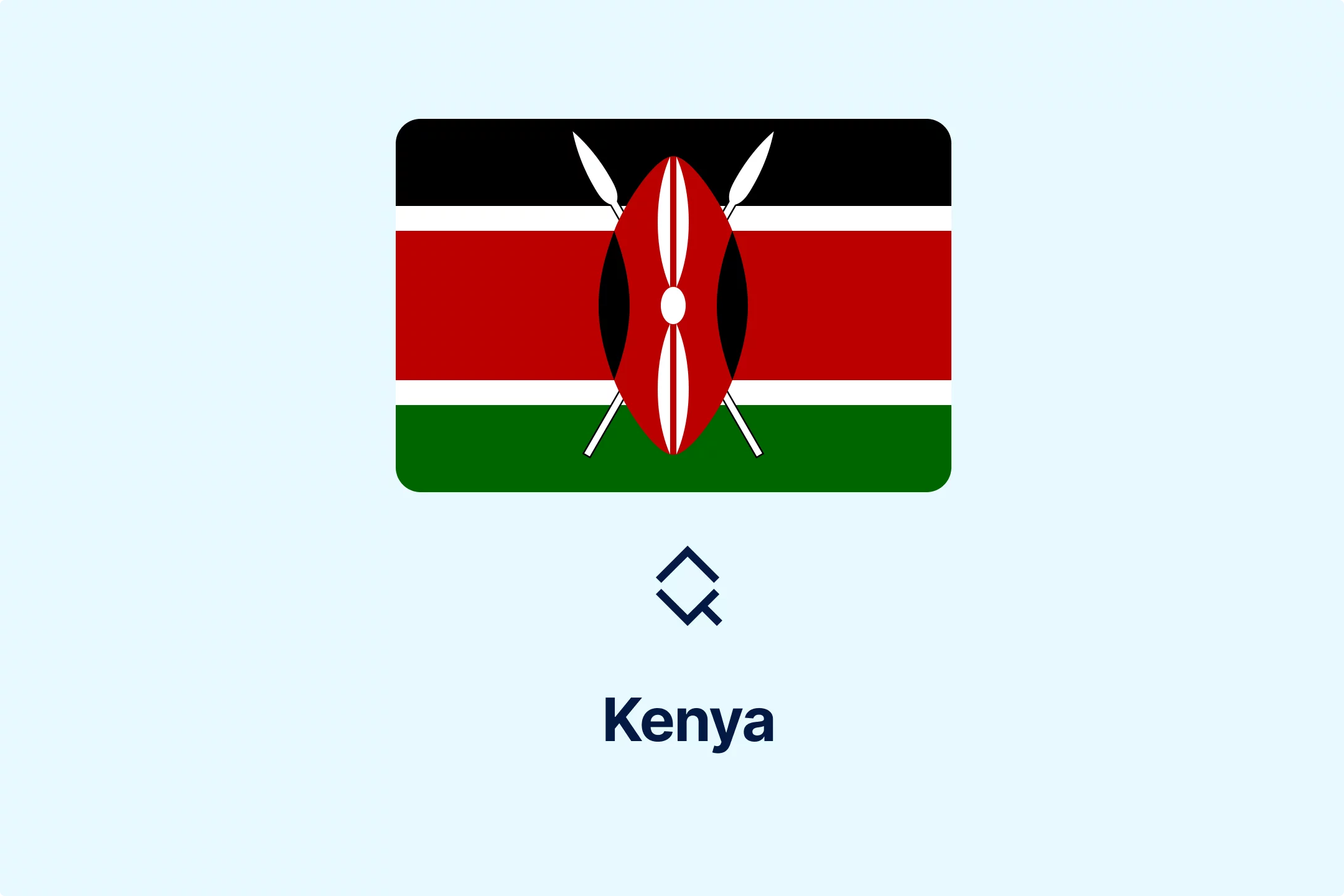
-tc819smrvc.webp)

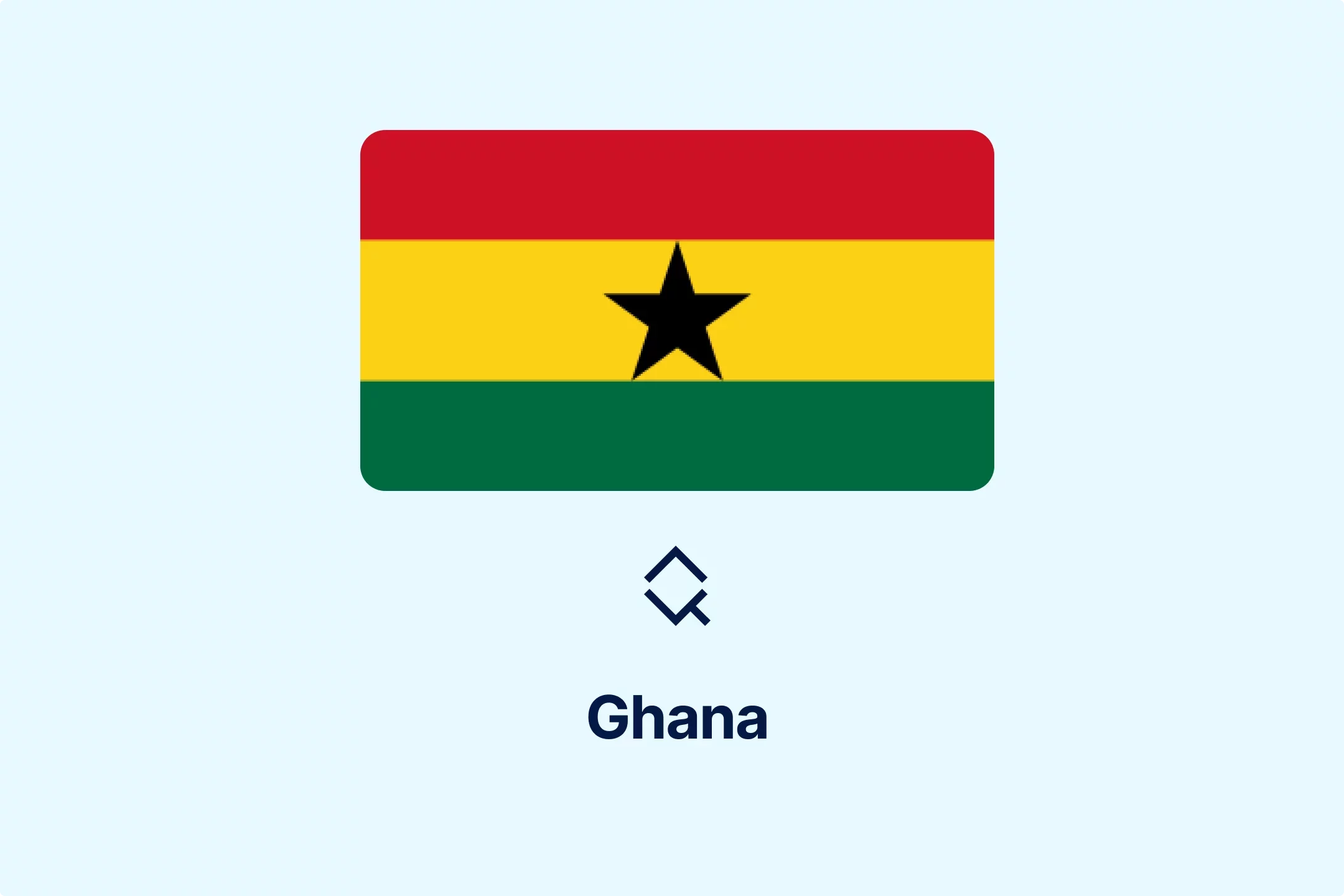

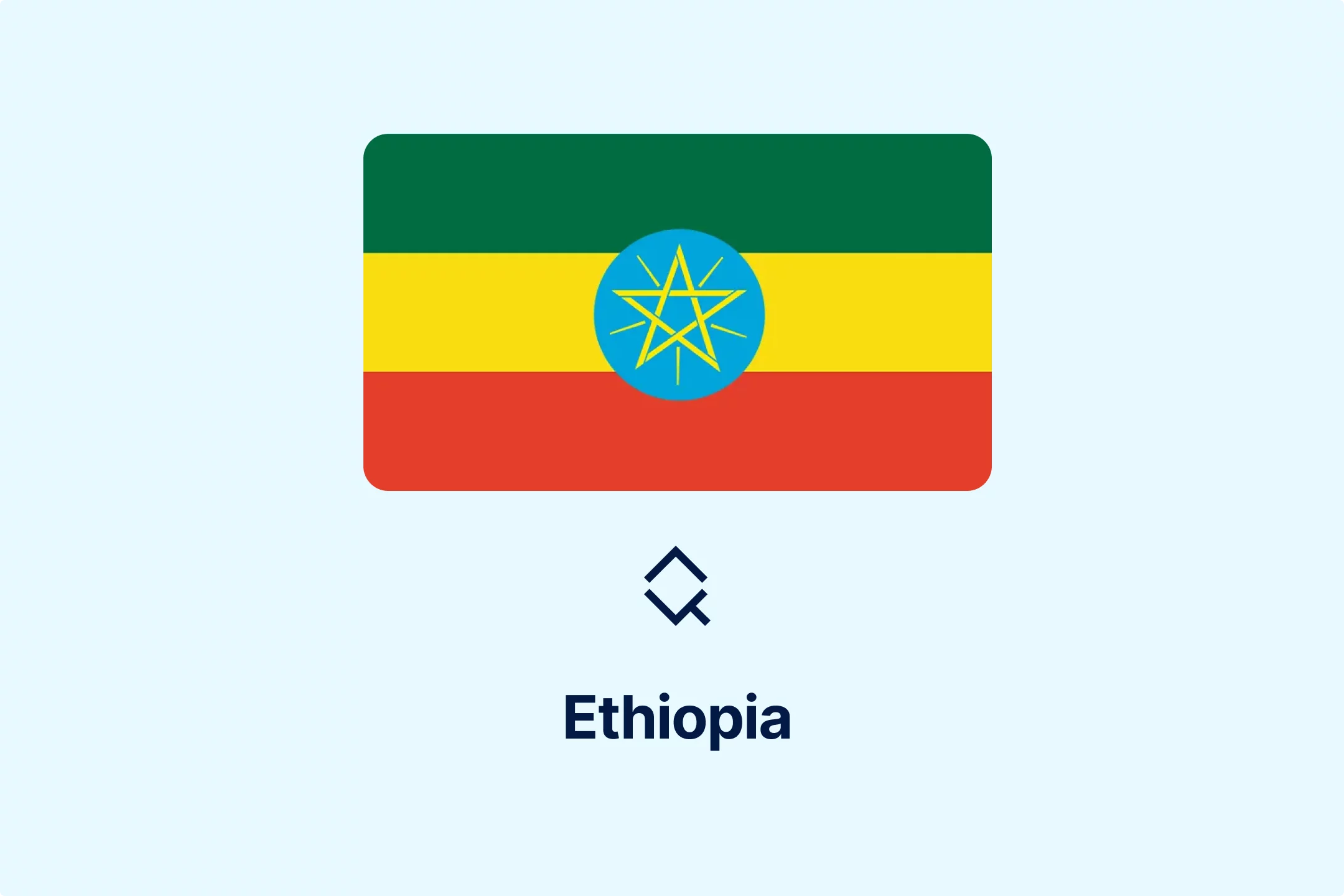

-1lfl8tbv0h.webp)




-sukknzru45.webp)




-5x4vkhcbio.webp)











-4t6t4uj2mm.webp)



-xjs7iob8wd.png)





-enoxc8fdkm.webp)





.png)
.png)








